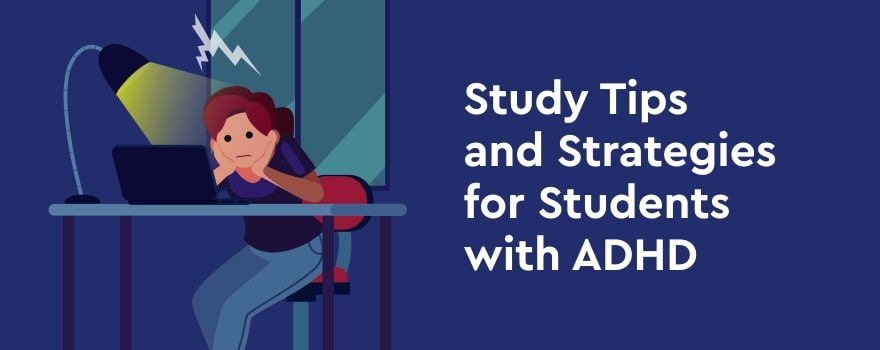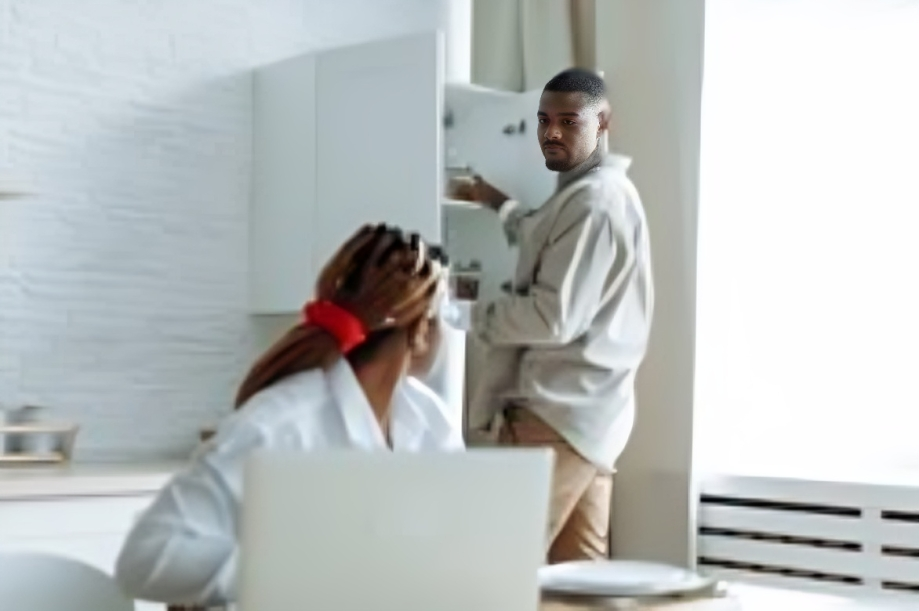How to Prevent Anxiety Attacks Before They Start
Anxiety attacks rarely ask permission. They sneak in when the calendar is packed, when your phone won’t stop buzzing, or when even the people you love most can’t seem to help you calm down. If you're in a relationship, anxiety can feel doubly complicated — you’re managing your own emotional regulation while trying not to transfer that stress onto your partner. It’s a tightrope walk. The good news? You can build a daily structure that lowers your baseline anxiety and prevents full-blown panic from creeping in. Below are grounded, real-world techniques that help intercept anxiety before it spirals.
Build a system of support
One of the most quietly powerful tools in anxiety prevention is your personal network. Whether it’s a partner, a friend, or even a group chat of three people who “get it,”
having emotional scaffolding is essential. Anxiety thrives in isolation. But consistent, emotionally safe conversations with others can serve as early pressure-release valves. This doesn’t mean trauma-dumping on your partner every time you feel off — it means weaving connection into your daily rhythm. You’ll notice that just knowing you’re not alone can soften spikes of panic before they even rise.
Shift your inputs, reclaim your agency
Anxiety often feeds on helplessness, but you can interrupt that cycle by steering your focus toward choices that reaffirm your sense of control. Start small. Water your plants. Walk your dog. Choose a podcast that calms rather than inflames. Swapping anxiety-producing inputs—like a relentless news cycle—for something soothing is a quiet power move. Nature helps here too. A few minutes outside, hands in soil or eyes on the sky, can anchor your nervous system. Even spending time with a pet can bring a sense of connection that asks nothing of you but presence. These aren’t distractions; they’re active ways to remind your brain that you’re not stuck, you're steering.
Consider structured learning as a form of stability
Not all anxiety stems from internal worry — sometimes it comes from life direction pressure. If you or your partner feel trapped in your current role, overwhelmed by tech shifts, or unsure what’s next, consider how structured learning can offer clarity. The bachelor of computer science at University of Phoenix is an example of how flexible, online education can help you build a new future without sacrificing your current life. Education doesn't have to be a stressor — it can be a tool that puts momentum behind your goals.
Flow through the day with movement
Stress builds in invisible ways — unprocessed thoughts, a crunched body position, shallow breathing.
Movement breaks that pattern. You don’t need a 60-minute workout; you need physical punctuation throughout the day. Walk while on a phone call. Stand up and stretch between errands. Let your body help your brain reset. Partners can support each other here by co-creating rituals: after-dinner walks, shared dance breaks, stretch sessions. These micro-movements tell your nervous system, “we’re safe now.”
Build a Realistic Timeline
You can’t think your way out of a panic spiral — but you can breathe through it. That’s not a bumper sticker; it’s a biological truth. Your breath is one of the few tools that talks directly to your nervous system. Slow, diaphragmatic breathing tells your brain it’s not under attack. Meditation helps here, too — not as a quick-fix, but as a slow rewiring. If you're in a relationship, learning breathing techniques together can become an act of co-regulation. It’s not weird; it’s smart. Plenty of people don’t even realize they’re shallow-breathing until a partner mirrors it back.
Try micro-movements & grounding breaks
Sometimes anxiety doesn’t care how “healthy” you are — it just slams into your chest in the middle of a grocery store. That’s why stealthy, small grounding tools matter. Micro-movements, like pressing your thumb and index finger together or pressing your feet into the floor, bring you back to your body. These gestures may look subtle, but they’re neurologically potent. They’re perfect when you’re in public, around your partner, or even mid-conversation. You don’t always have to name the panic. You can move through it, physically.
Make food and substance choices that support your brain
Anxiety is deeply chemical — and your daily inputs shape those chemicals. If you’re pounding caffeine on an empty stomach, skipping meals, or drinking to wind down, you’re sending your nervous system on a rollercoaster. Certain foods and supplements (think magnesium-rich veggies, omega-3s, and complex carbs) can create a more stable baseline for your brain. Relationships also influence our habits, for better or worse. Be mindful of how shared routines — nightly wine, skipped meals, co-binging coffee — are shaping your system.
Anxiety isn’t always loud. It can be subtle, slow-dripping its way into your relationship, your routines, your sleep. But it’s not inevitable. You don’t need to overhaul your entire life — you just need to understand your nervous system and build scaffolding that supports it.
Transform your relationships with expert guidance from Susan Lager, where compassionate coaching and proven strategies await to help you build lasting connections.
Cheryl Conklin is a writer, tutor, and lifelong adventurer dedicated to promoting wellness and personal growth. As the founder of Wellness Central, she shares insights, resources, and experiences drawn from her journeys and passion for balanced living helping others pursue health, happiness, and fulfillment.






